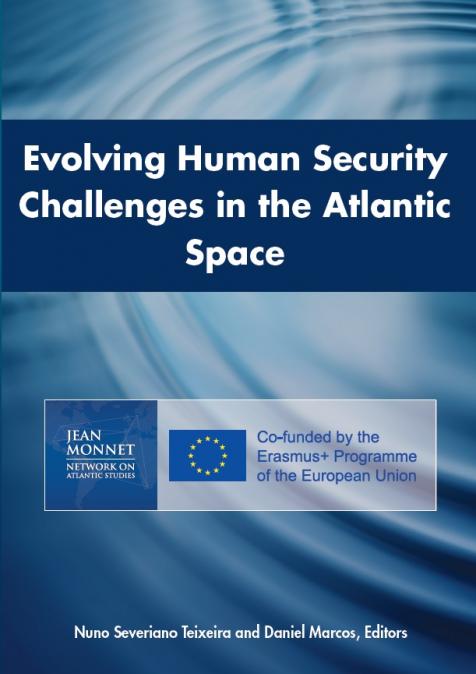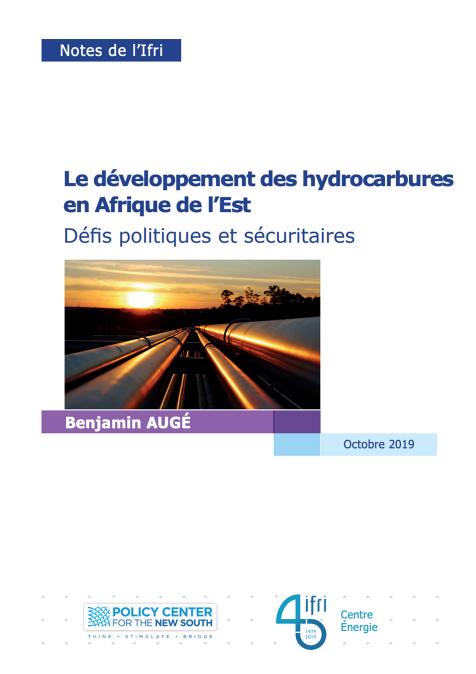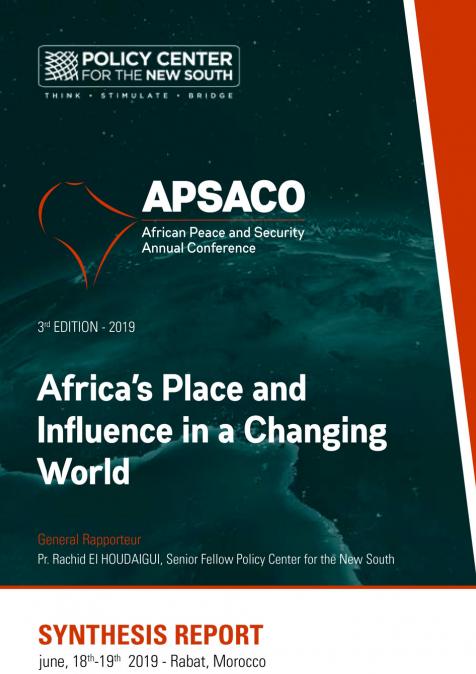Interview avec l’Amiral Nicolas Vaujour (France), sur les souverainetés conquérantes et la piraterie
October 25, 2019
Questions : 1/ Vous estimez que nous sommes entrés dans une ère de souverainetés conquérantes . Quelles en sont les conséquences pour les relations internationales ? 2/ Qu’est-ce qui fait que la stratégie de seuil est jugée comme étant gagnante ? 3/ En quoi diffère la piraterie dans le golfe de Guinée de celle pratiquée en Somalie ?
Speakers







